Why 2024 is a bad year for air accidents
Turbulence, 'poorly made' aircraft and climate change have been blamed for a string of incidents
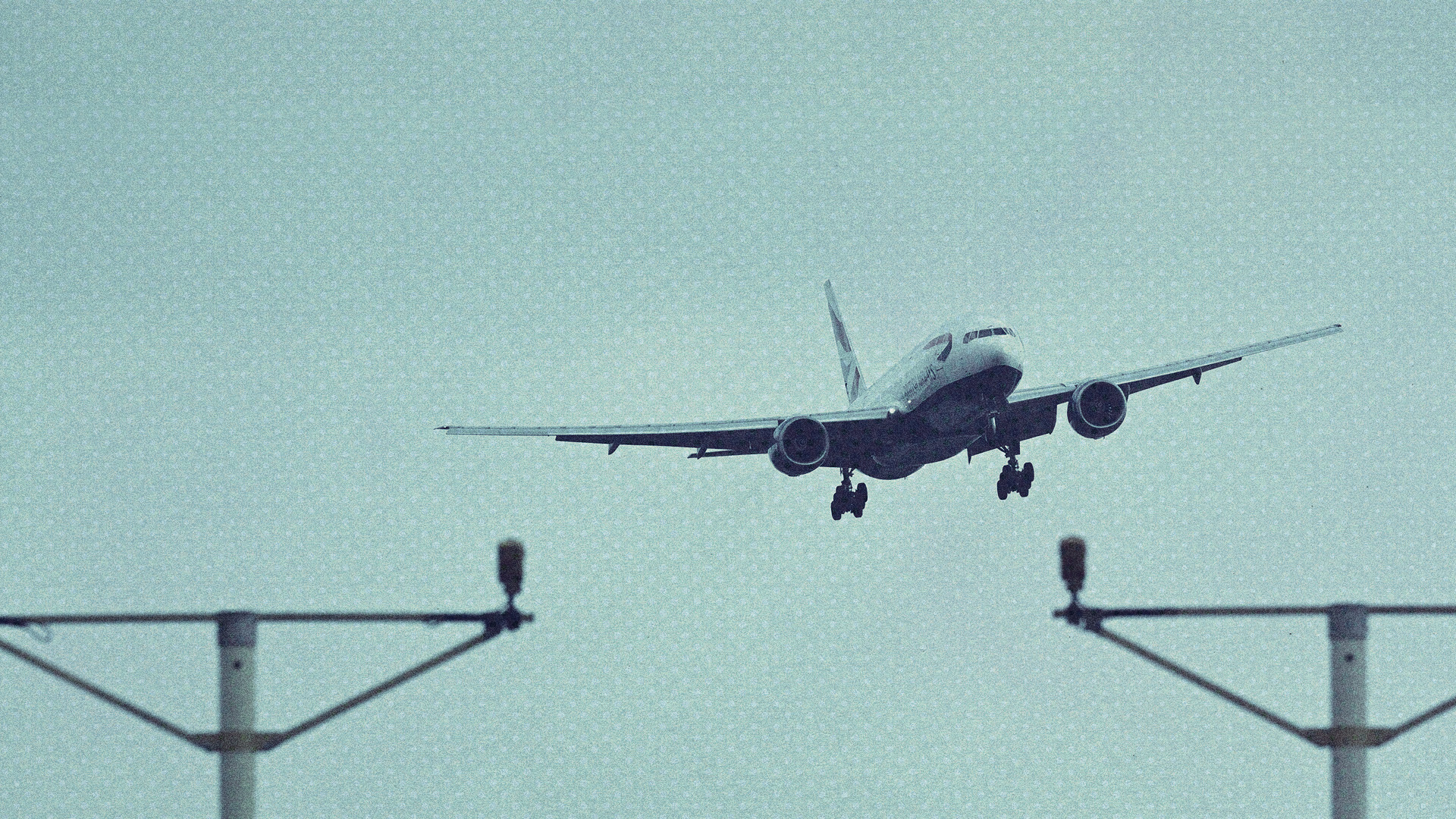
A free daily email with the biggest news stories of the day – and the best features from TheWeek.com
You are now subscribed
Your newsletter sign-up was successful
Is it "still safe to fly"? That's the alarming question asked by one newspaper as it reported that 2024 has already been "one of the worst for air travel that anyone can remember".
But just how dangerous is air travel and what has caused this year to be so bad?
'Horror comics'
This year "has been one of the worst for air accidents that anyone can remember", said The Sunday Times. It got off to a tragic start in January when Japan Airlines flight 516 collided with a De Havilland coastguard plane as it landed in Toyko, killing five people.
The Week
Escape your echo chamber. Get the facts behind the news, plus analysis from multiple perspectives.

Sign up for The Week's Free Newsletters
From our morning news briefing to a weekly Good News Newsletter, get the best of The Week delivered directly to your inbox.
From our morning news briefing to a weekly Good News Newsletter, get the best of The Week delivered directly to your inbox.
Within days, a panel blew out on Alaska Airlines flight 1282, "leaving a gaping hole in the cabin" and "terrified passengers breathing through oxygen masks". These two incidents saw "aviation safety thrown into the spotlight", said Euractiv. Months later, the front windscreen of an Austrian Airlines Airbus A320 flying from Mallorca to Vienna was shattered and most of the nose cone was torn off.
Turbulence has been a major issue in 2024, with serious injuries being caused and the first death on a large commercial airliner since 1997. In May, a Boeing 777 hit "some of the worst turbulence that Singapore Airlines pilots have experienced", said The Sunday Times. A passenger died of a heart attack and more than 40 suffered skull, brain, spinal or bone injuries.
Then, earlier this month, all 62 passengers and crew died when the Voepass ATR 72-500 turboprop they were travelling in crashed in Brazil after the plane "corkscrewed down 17,000ft in just one minute".
Meanwhile, airline bosses told the newspaper there has been an increase in "horror comics" – the internal air safety reports that pilots have to file if they encounter serious turbulence or other safety issues on a flight.
A free daily email with the biggest news stories of the day – and the best features from TheWeek.com
All of this is making passengers more anxious. In June, the analytics company Quantum Metric found that one in five travellers aged 18-54 now checks the aircraft type when buying an air ticket and one in four plans to take fewer flights this year due to safety concerns.
'Catastrophic combination'
So what's gone wrong? Aviation is "being assailed on two fronts" – a "nosedive" at Boeing and "increasing turbulence", said The Sunday Times.
"Poorly made aircraft" are an issue, and a series of Boeing 737 Max 8 crashes were caused by a "catastrophic combination of corner-cutting, poor risk assessment and a calculated failure to inform airlines, pilots and regulators about changes to flight control software on the new jet that went into service in 2017".
Tim Clark, president of Emirates, the world's largest international carrier, said it is a "fact of life" that there has been "an uptick in clear air turbulence in the last year or two". Clear air turbulence is the most dangerous kind because pilots cannot see or predict it. Writing for The Irish Times, Paula Gahan said that after a decade as a cabin crew member, she had "little doubt" that turbulence is "getting worse" – and scientists support this.
Paul Williams, professor of atmospheric science at Reading University, told The Sunday Times that climate change is to blame, because rising air temperatures are disrupting the speed and flow of jet streams. But Nick Careen, head of operations, safety and security at IATA, the aviation industry’s trade body, said: "We certainly can't put a finger on saying this is all environmentally driven" and "there needs to be more study".
A Harvard University study from 2017 found that the odds that a plane you are flying on will crash are one in 1.2 million and the odds of dying in a crash are one in 11 million. To put these figures in context, your chances of dying in a car accident are one in 5,000.
Chas Newkey-Burden has been part of The Week Digital team for more than a decade and a journalist for 25 years, starting out on the irreverent football weekly 90 Minutes, before moving to lifestyle magazines Loaded and Attitude. He was a columnist for The Big Issue and landed a world exclusive with David Beckham that became the weekly magazine’s bestselling issue. He now writes regularly for The Guardian, The Telegraph, The Independent, Metro, FourFourTwo and the i new site. He is also the author of a number of non-fiction books.
-
 Political cartoons for February 15
Political cartoons for February 15Cartoons Sunday's political cartoons include political ventriloquism, Europe in the middle, and more
-
 The broken water companies failing England and Wales
The broken water companies failing England and WalesExplainer With rising bills, deteriorating river health and a lack of investment, regulators face an uphill battle to stabilise the industry
-
 A thrilling foodie city in northern Japan
A thrilling foodie city in northern JapanThe Week Recommends The food scene here is ‘unspoilt’ and ‘fun’
-
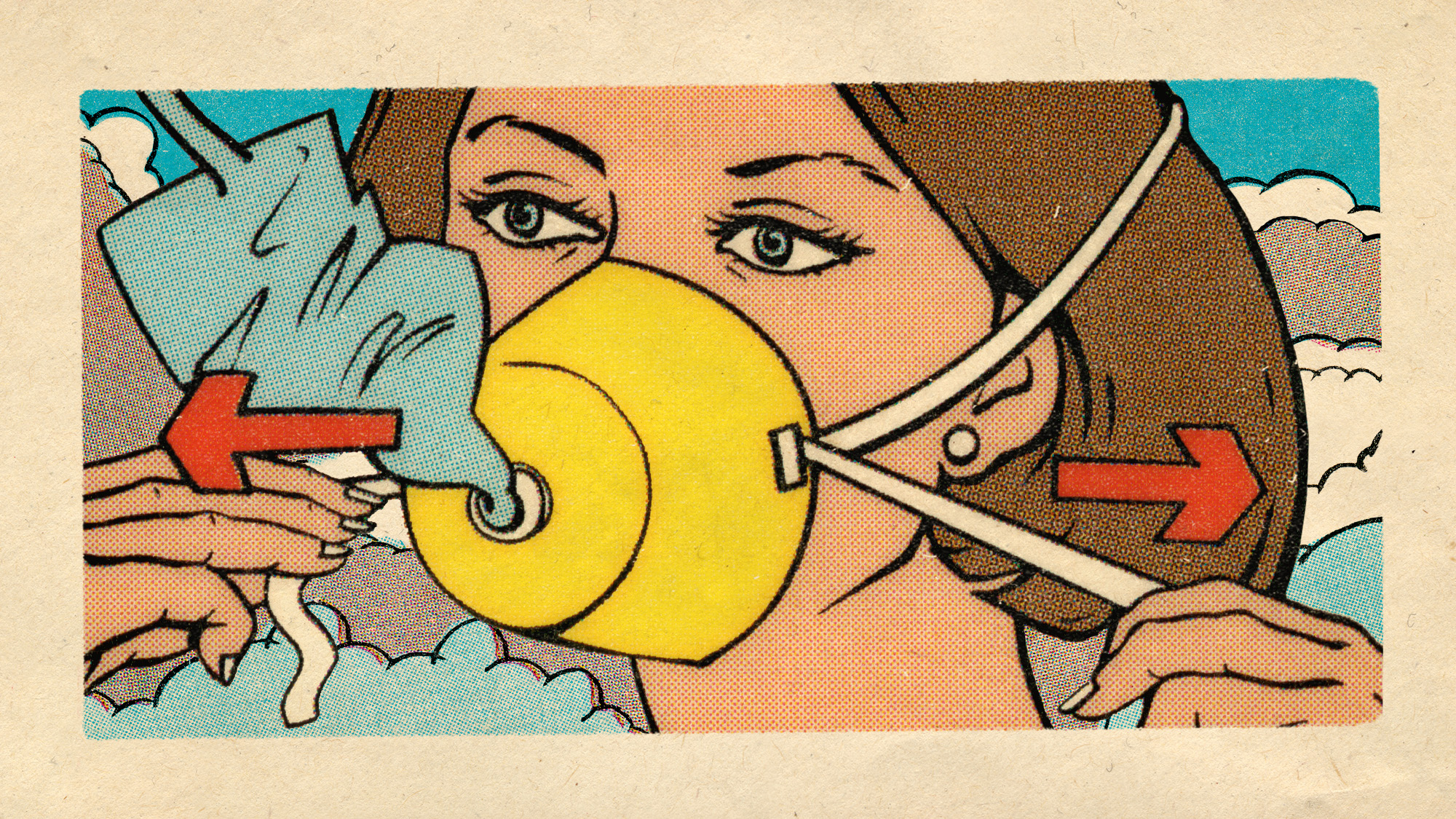 Toxic fumes on airplanes might be making you sick
Toxic fumes on airplanes might be making you sickUnder the Radar Aircraft manufacturers have allegedly downplayed the risks
-
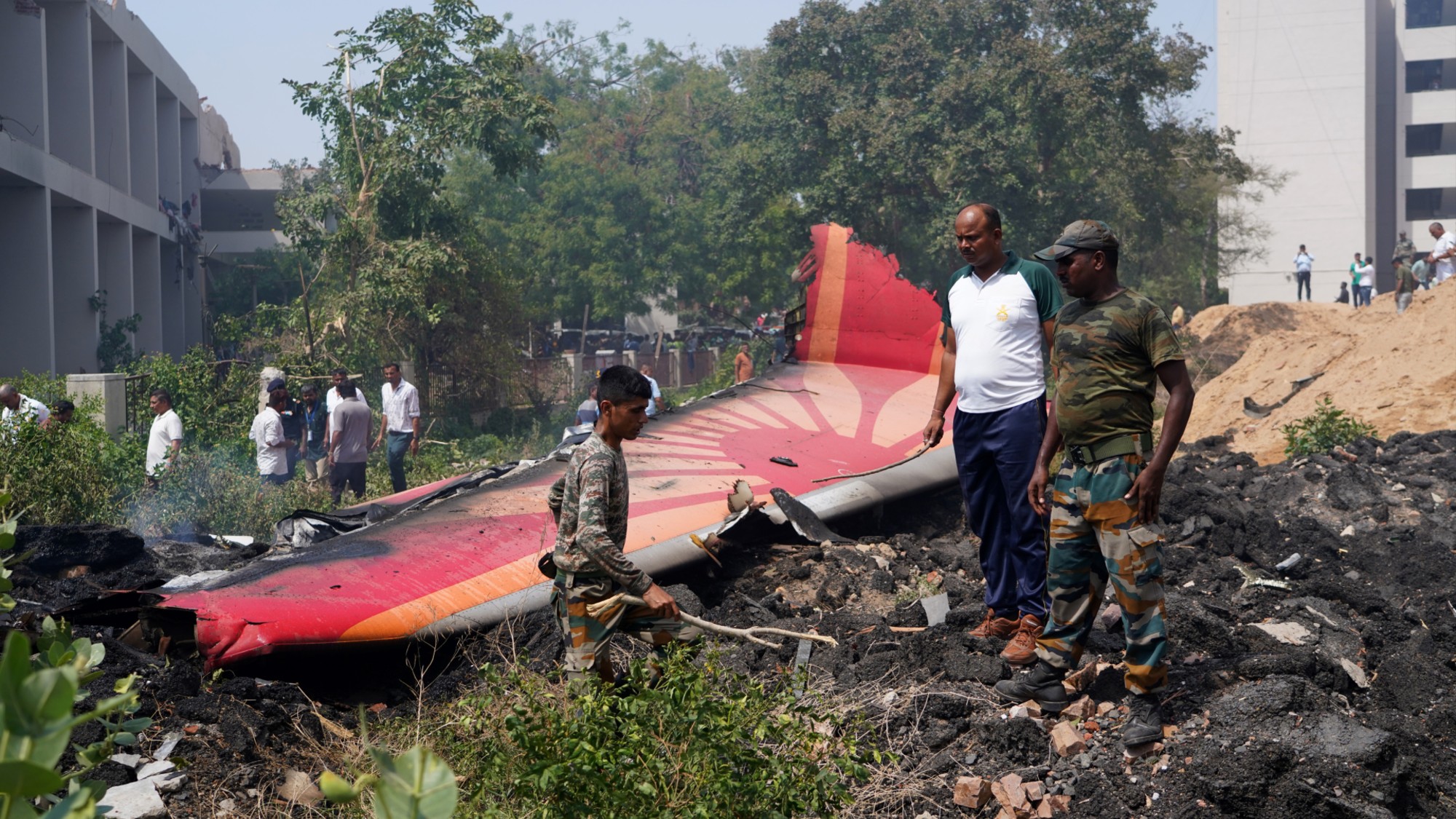 Air India crash highlights a new problem for Boeing: the Dreamliner
Air India crash highlights a new problem for Boeing: the DreamlinerIn the Spotlight The 787 had never been in a fatal crash before
-
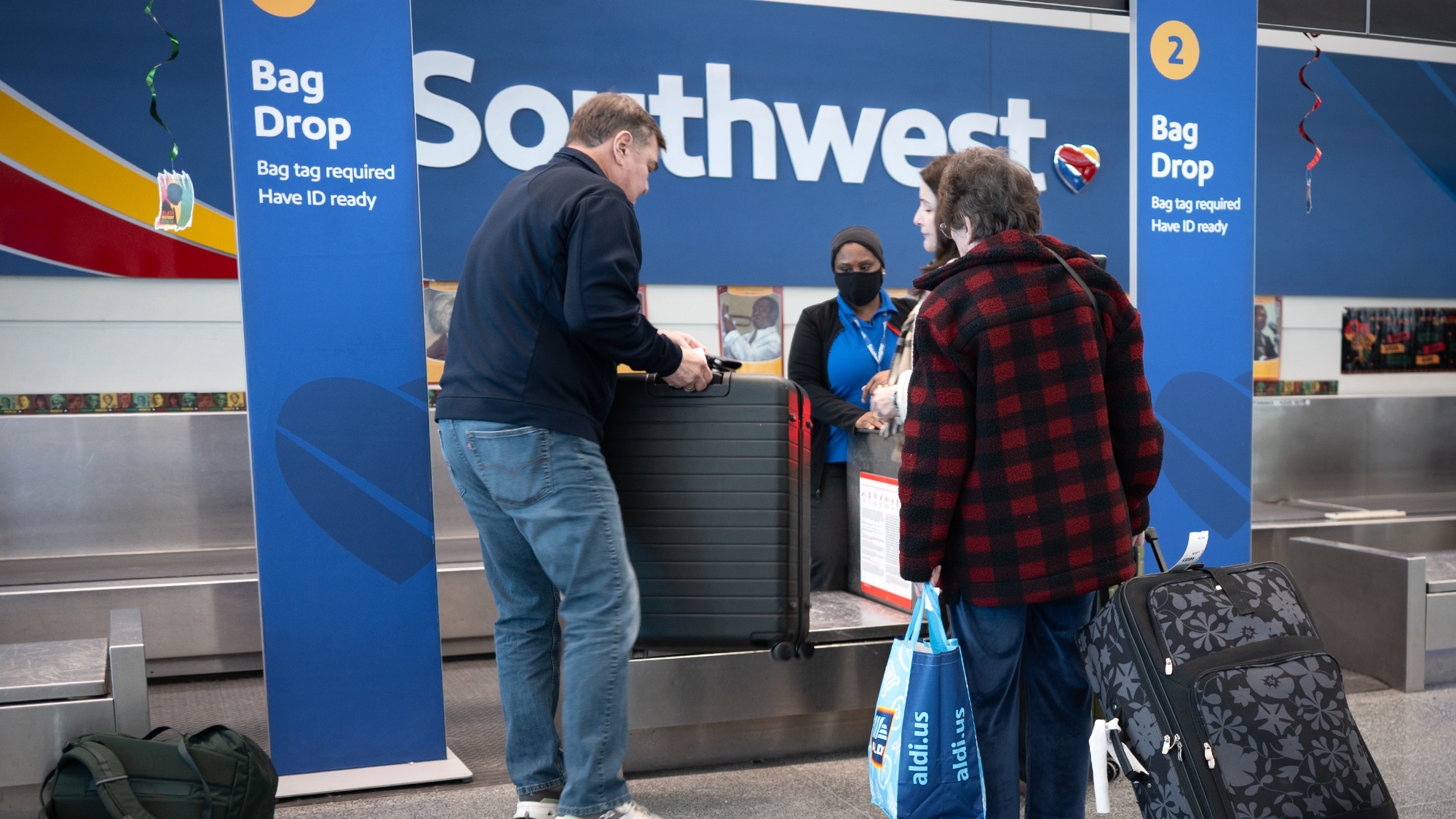 Southwest joins rival airlines on paid baggage
Southwest joins rival airlines on paid baggageSpeed Read The company is ending its longtime free-luggage policy
-
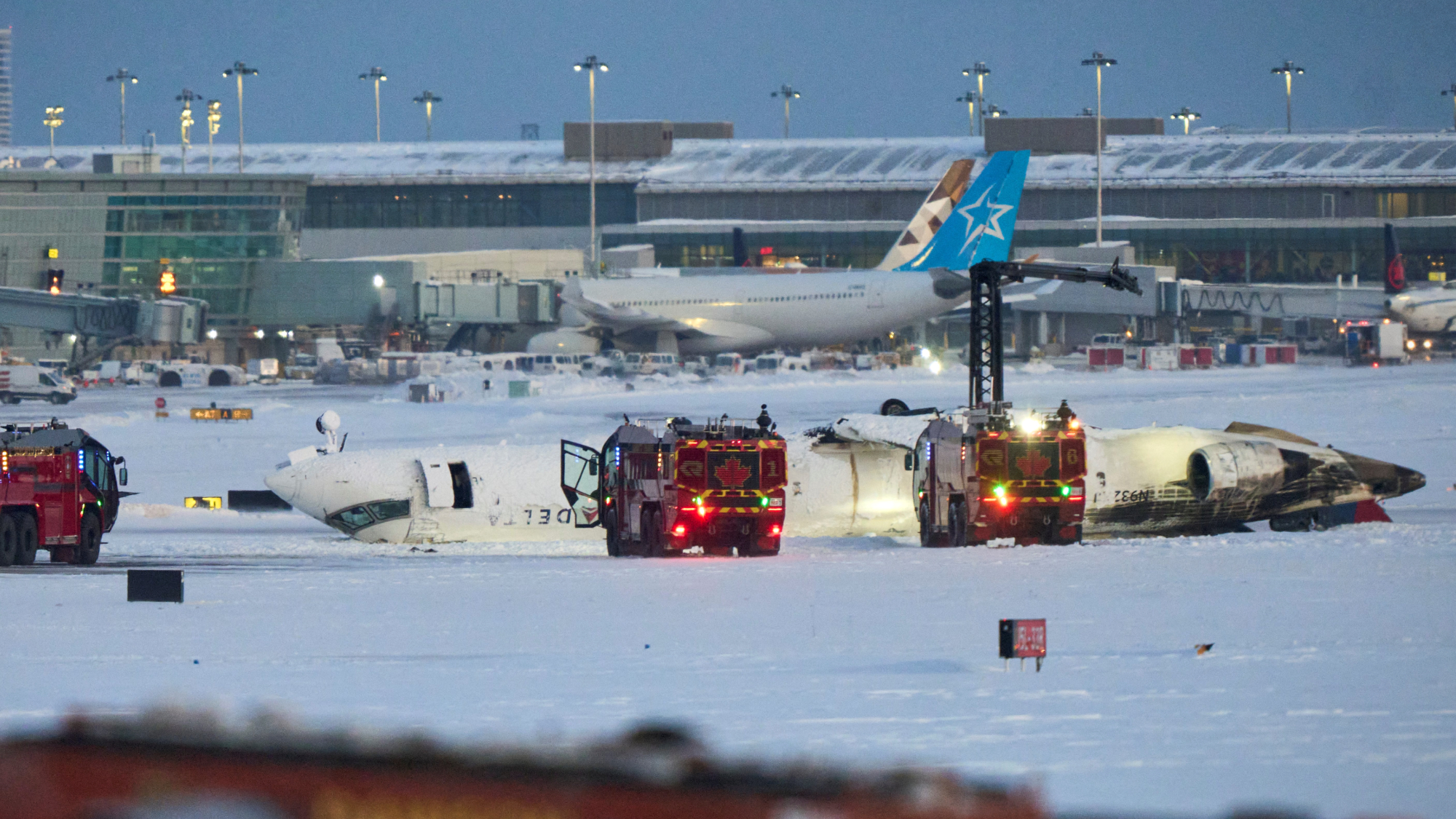 Delta flight lands upside-down in Toronto, no deaths
Delta flight lands upside-down in Toronto, no deathsspeed read At least 18 people were injured in a flight that landed at Toronto's Pearson International Airport
-
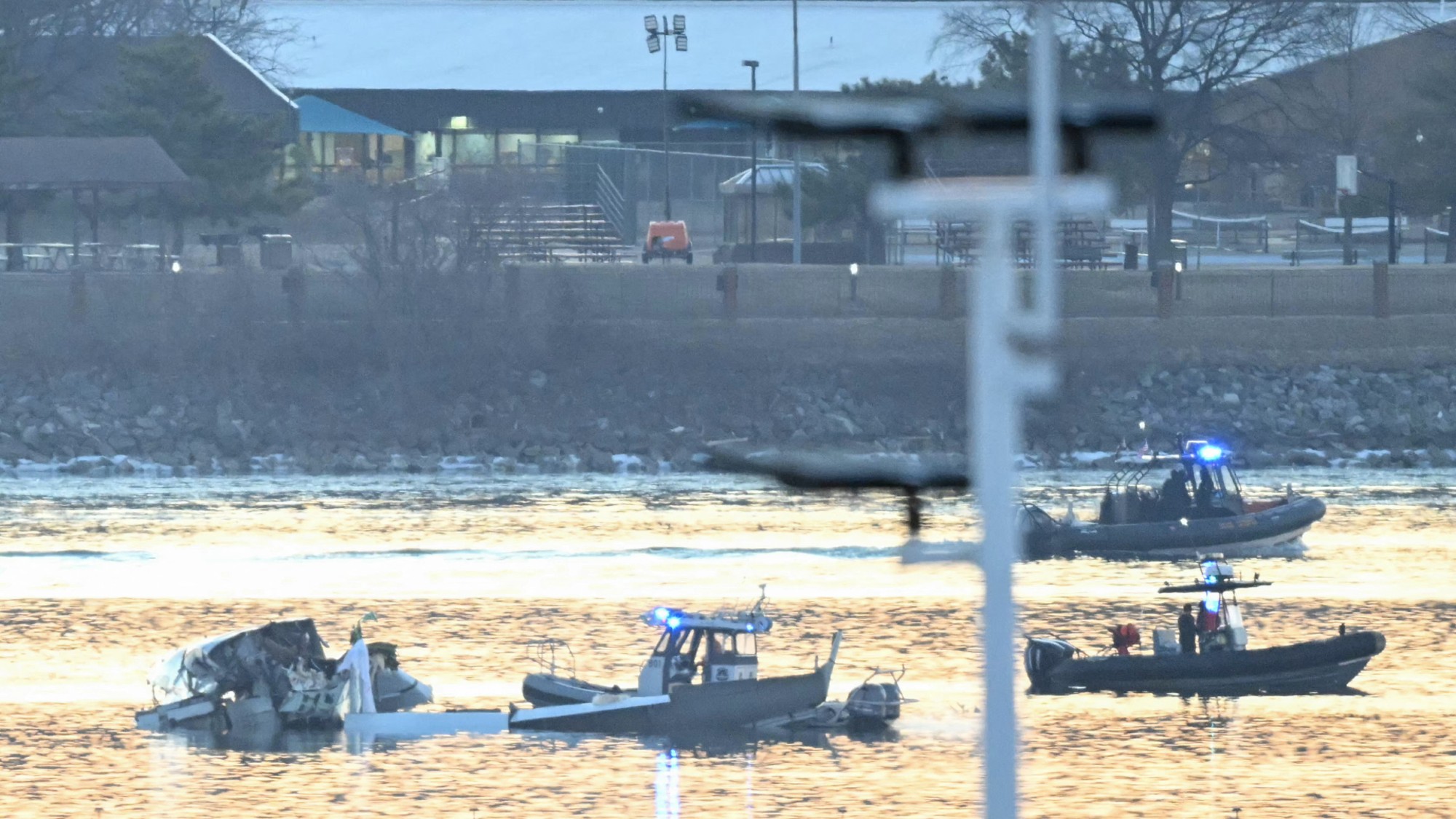 Washington DC plane crash: how did mid-air collision happen?
Washington DC plane crash: how did mid-air collision happen?Today's Big Question Experts struggle to explain how sophisticated airspace control system failed to prevent deadly disaster
-
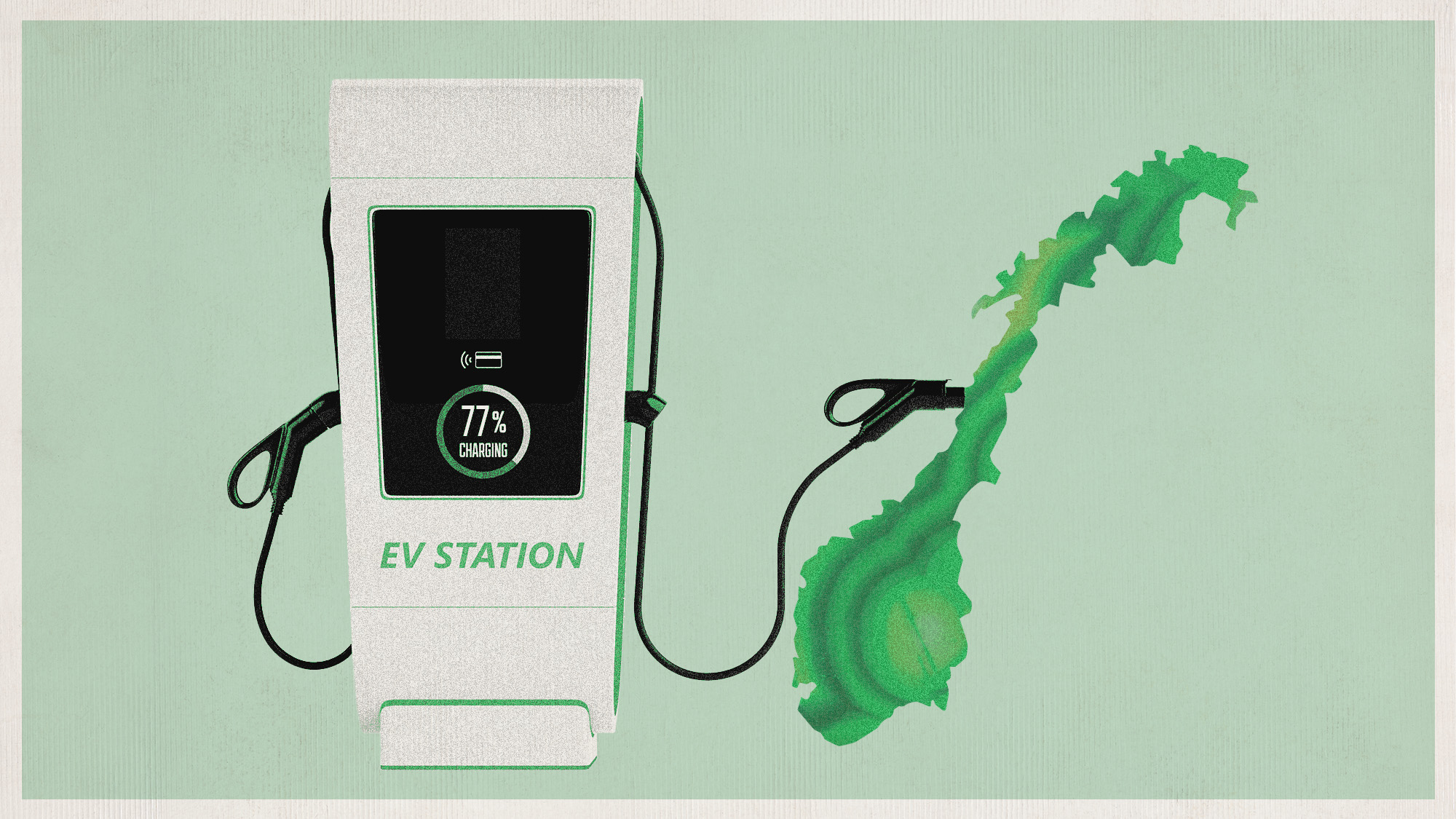 How Norway became an electric vehicle pioneer
How Norway became an electric vehicle pioneerUnder The Radar Early adoption, incentives and political consistency have helped Scandinavian nation race ahead
-
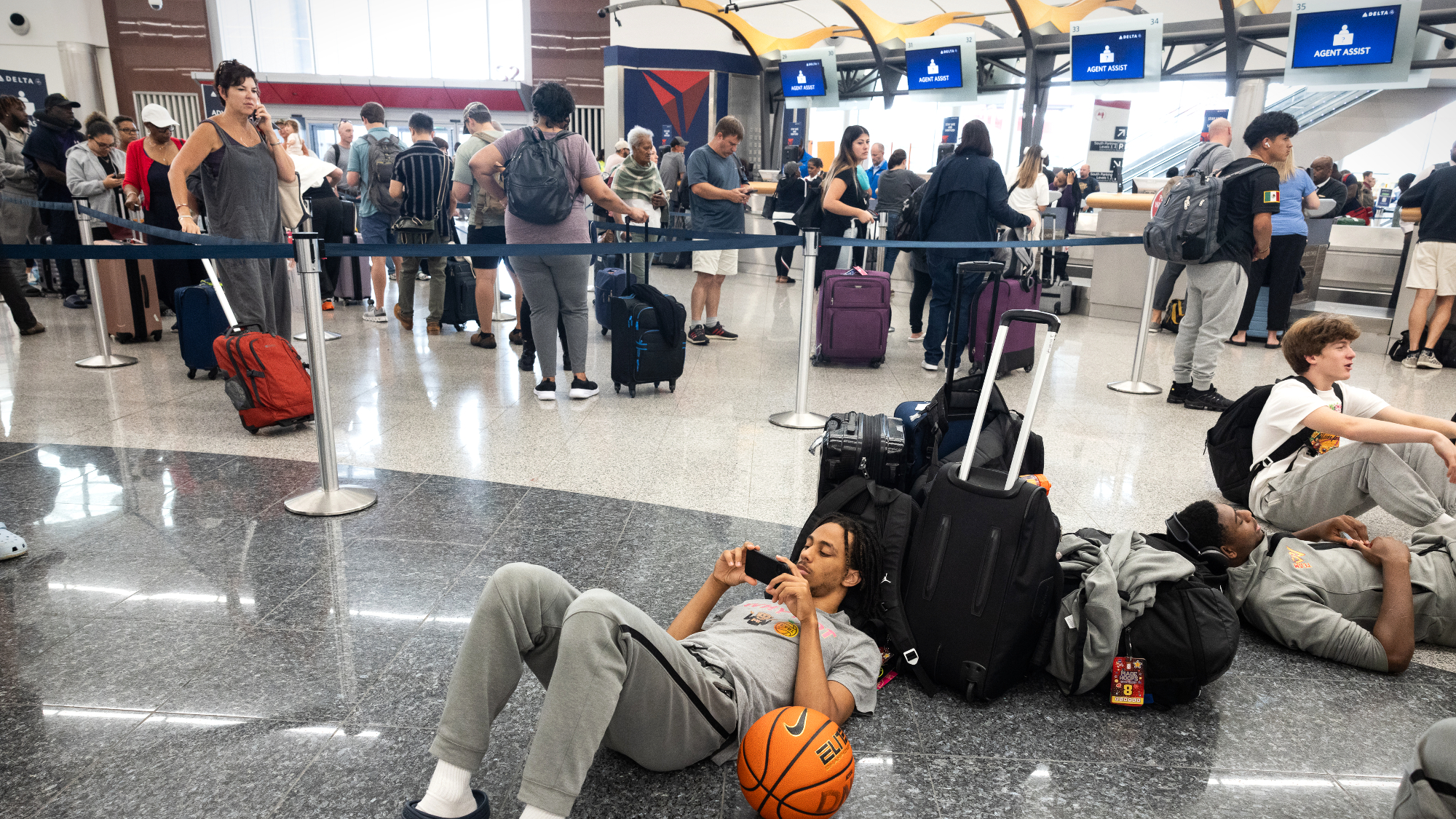 Tech outage ensnarls Delta, prompts hearings
Tech outage ensnarls Delta, prompts hearingsSpeed Read The airline is under federal investigation for its handling of flight cancellations that stranded hundreds of passengers
-
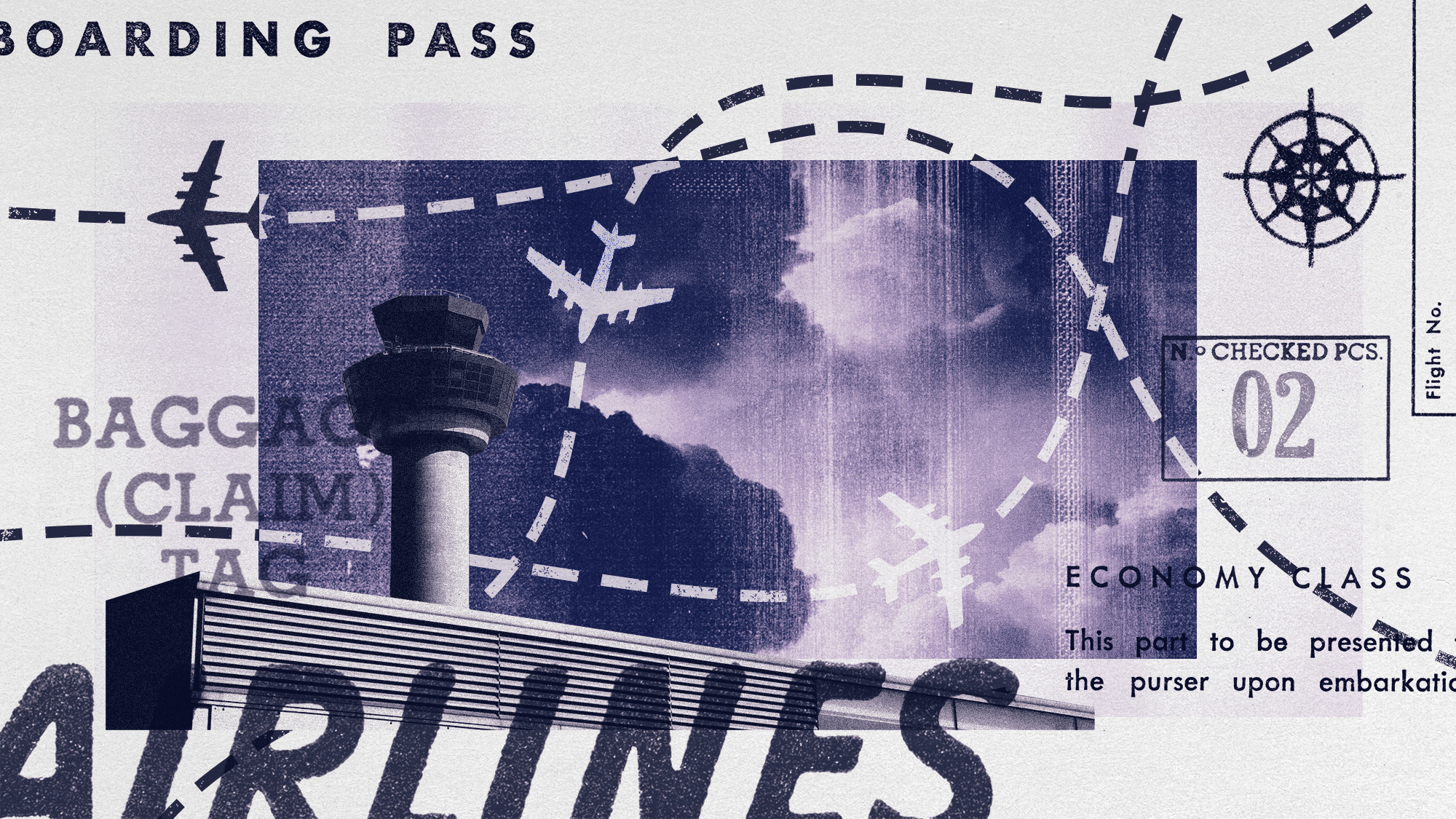 How turbulence will change air travel
How turbulence will change air travelUnder The Radar Ban on children sitting on laps among a raft of changes as turbulence expected to rise